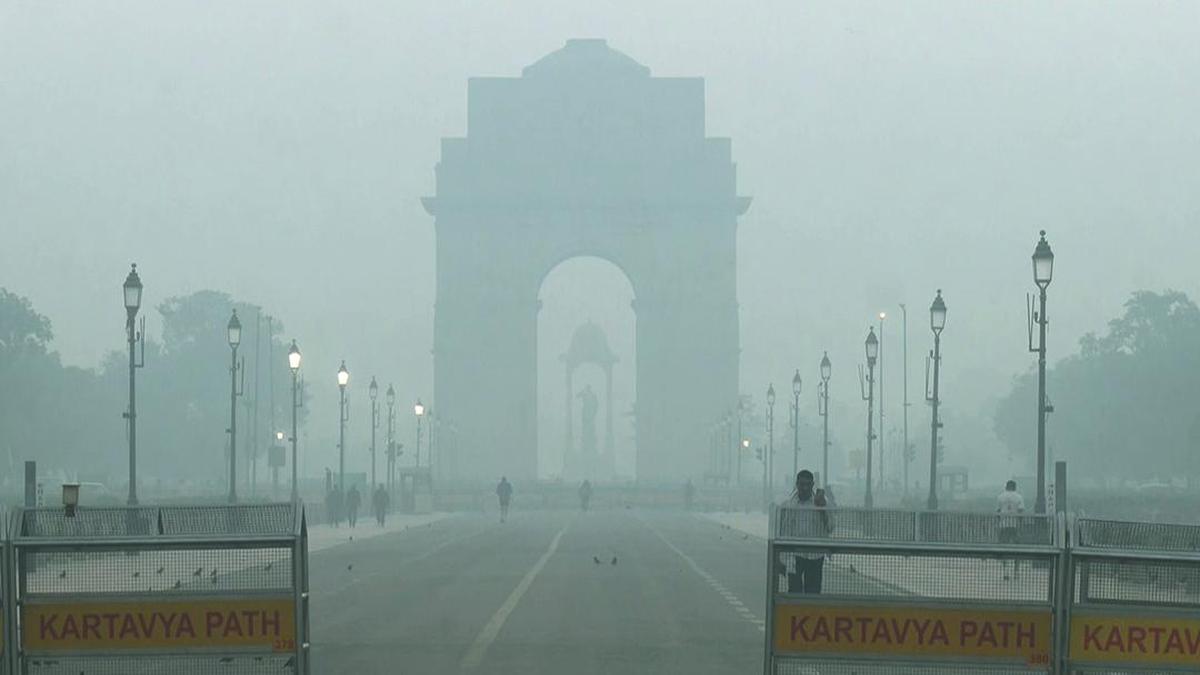Views
48
In the vast realm of the animal kingdom, there are creatures that capture our attention and challenge our understanding of the natural world. Among them, the black tiger stands out as a captivating enigma, one that represents both beauty and intrigue.
Black tigers, also known as pseudo-melanistic tigers, possess a rare genetic mutation that increases the production of melanin in their bodies. Their fur appears to have a darker hue in comparison to the typical orange and black-stripes, which is why they are accurately described as pseudo-melanistic.
These creatures can be spotted exclusively in Odishas Similipal National Park. The park has 16 tigers, 10 of which exhibit melanism. People travel from all over the world to catch a glimpse of the black tiger, allured by its mystifying beauty. However, this rare genotype also warrants some careful consideration.
The prevalence of melanism in tiger populations may suggest a concerning lack of genetic diversity, a crucial component for the long-term survival and adaptability of most species. The isolated nature of Similipal tigers has restricted their gene pool diversity, leading to inbreeding. While its impact remains uncertain, we cant ignore the fact that these animals are exclusively breeding among themselves, perhaps to their own peril.
The same sentiment is echoed in an article published by Down to Earth. Uma Ramakrishnan, associate professor, National Centre for Biological Sciences, Tata Institute of Fundamental Research, Bengaluru states, Mutations mostly occur by chance. While some can be good, resulting in better fitness and more offspring, others can be detrimental.
Something must have happened in their gene combination, which is reflecting in the body coat, says former honorary wildlife warden of STR, Bhanumitra Acharya.
While colour aberration of tigers may be an attraction for visitors, it does not augur well in terms of their biological or conservation implications in the wild, says L A K Singh, former research officer at STR. More aberrations in nature mean all is not well with the natural gene pool, making it necessary to have increased tiger corridors to reduce genetic depression.
Conservation efforts aimed at preserving black tigers must take these challenges into account. Efforts to protect black tigers should be integrated into broader conservation strategies that prioritise the preservation of genetic diversity and the sustainability of tiger habitats. With this in mind, we have developed a tree plantation project in the periphery of black tiger habitat in Similipal to prevent the local population from taking over certain parts of their habitat for resources.
As we continue to unravel the mysteries of black tigers, we must approach their conservation with careful consideration. Only through a holistic approach to tiger conservation can we ensure the long-term survival of these magnificent animals and the ecosystems they inhabit.
Subscribe to our newsletter and recieve a selection of our cool articles every week.

When Mumbai’s Morning Haze No Longer Feels Like Home
Mumbai Weather Update: AQI Turns Severe as Thick Haze Persists, Free Press Journal (FPJ).
Nov 24, 2025

Delhi Is Gasping Again, And This Time, Even the Clouds Refused to Help
Delhi is choking again. AQI levels have slipped into the ‘severe’ zone, cloud seeding failed, and emergency measures barely make a dent. Because the city doesn’t need one-off fixes, it needs long-term healing. Trees remain the simplest, most effective answer. They absorb carbon, trap dust, cool the air, and act as natural lungs. If Delhi wants cleaner winters, it needs more green cover, not just temporary interventions. Clouds may not cooperate, but trees always will.
Nov 17, 2025
Copyrights @ 2025 All rights reserved by Pangea EcoNetAssets Pvt Ltd.